At this weekend's ALP conference, Labor leader Bill Shorten will make a huge announcement on asylum policy: A Labor government will turn back the boats.
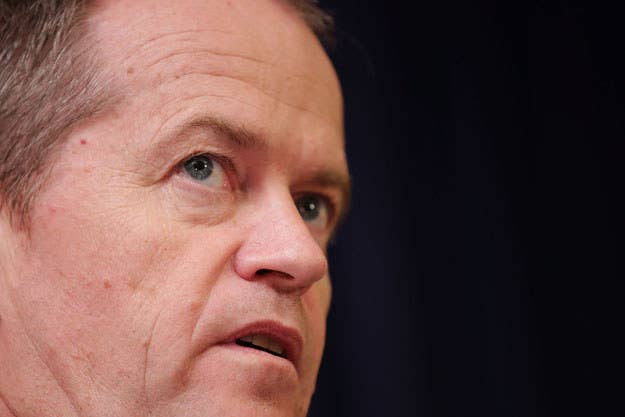
Bill Shorten told ABC's 7:30 program on Wednesday night that he wanted to turn back the boats to stop deaths at sea.
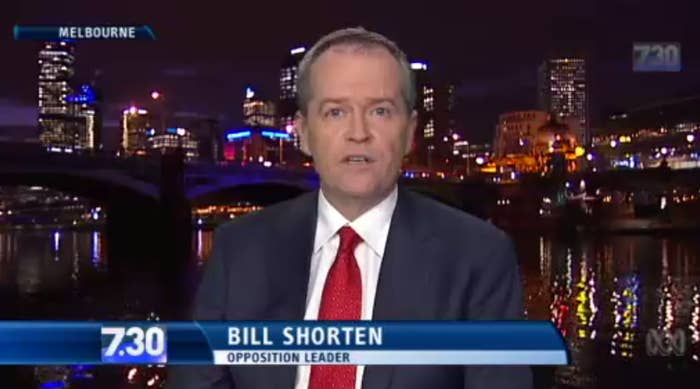
It was Labor prime minister Paul Keating who first introduced the idea of mandatory detention for unauthorised arrivals in 1992.
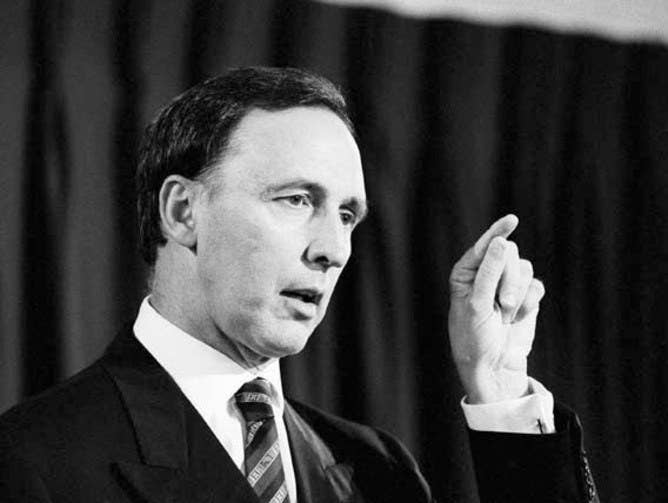
But it was John Howard who would first turn back a boat carrying asylum seekers. In 2001, Labor was in opposition, and supported the introduction of offshore processing by Liberal prime minister John Howard.
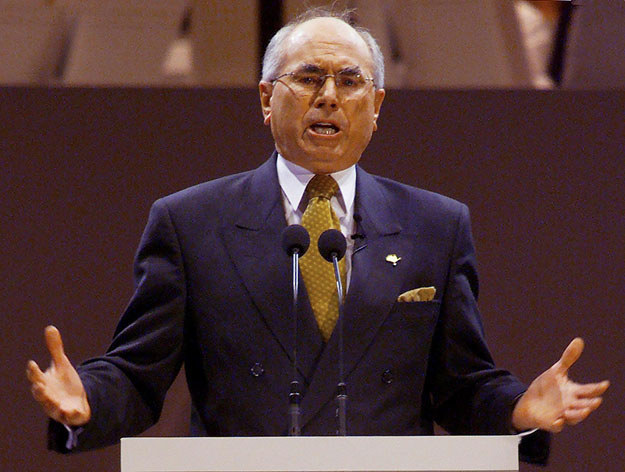
"You'd turn them back... Deterrence is effective through the detention system but also your preparedness to take appropriate action as the vessels approach Australian waters on the high seas."
In 2008, a newly-elected prime minister Rudd fulfilled an election promise to end Howard's Pacific Solution.
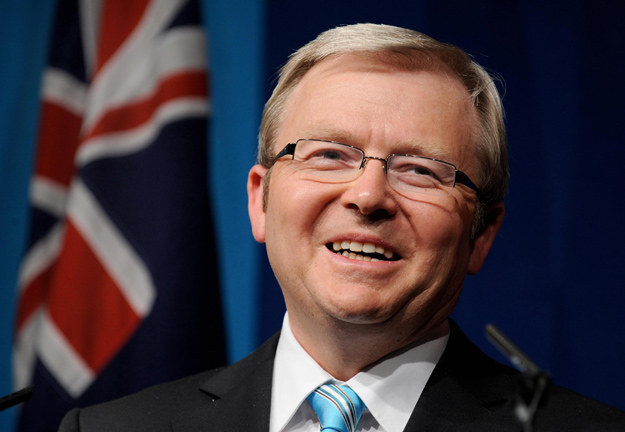
In 2010, faced with a massive increase in boat arrivals and overcrowded detention centres, the Rudd government temporarily suspended processing of new asylum claims for people from Sri Lanka and Afghanistan.
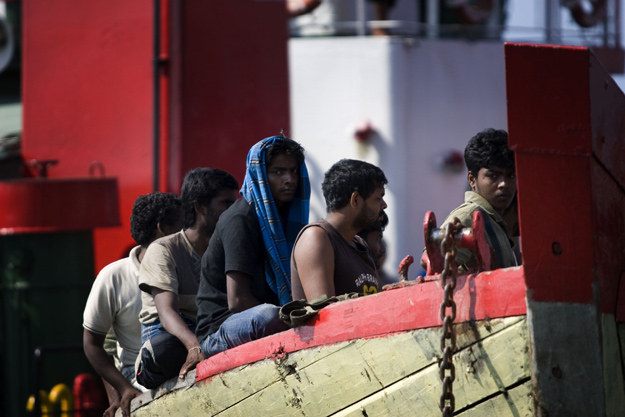
In 2010, as more and more boats arrived, Julia Gillard took the Labor leadership from Kevin Rudd and announced that she would bring back offshore processing.
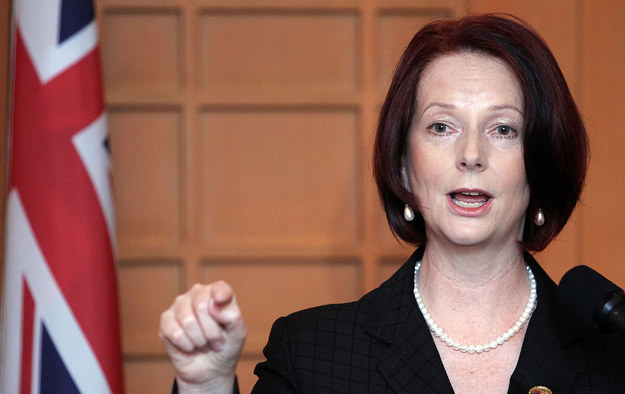
In 2011, Julia Gillard signed the Malaysia Solution, that was to see 800 asylum seekers who arrived by boat sent to Malaysia in exchange for the resettlement of 4000 refugees from Malaysia in Australia.
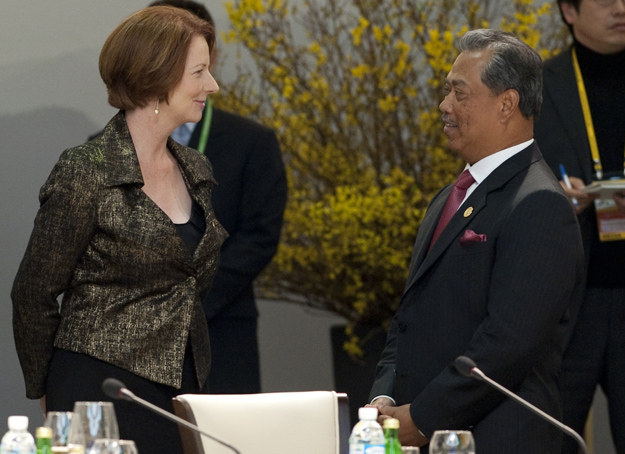
Later in 2011, the Gillard government introduced a "no advantage" principle for boat arrivals.
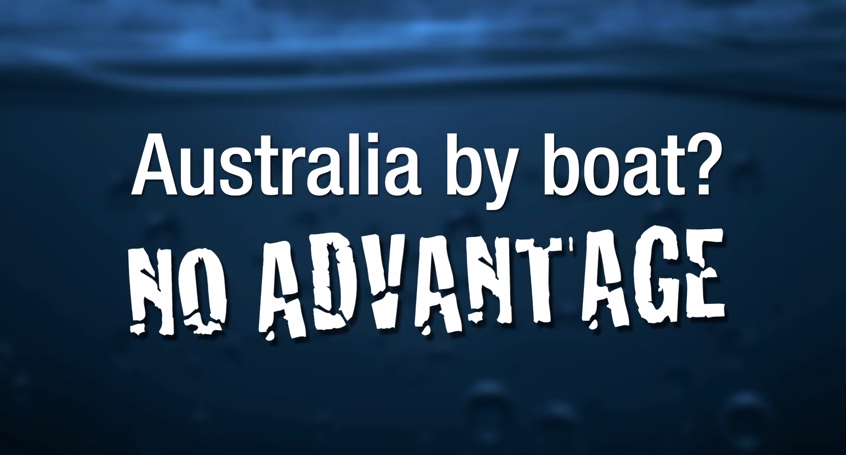
In 2012, the Gillard government started sending asylum seekers who arrived by boat to Manus Island and Nauru.
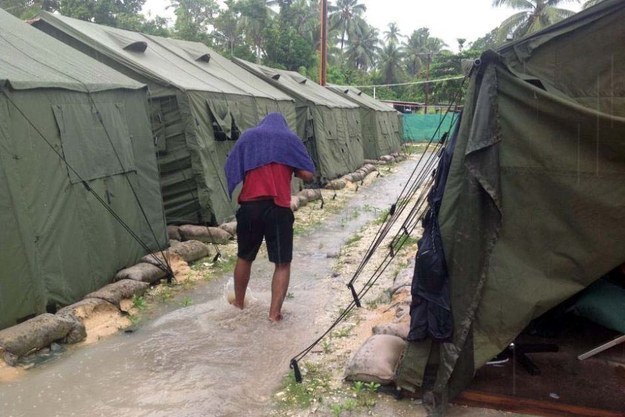
In 2013, when Kevin Rudd came back to power, he slammed opposition leader Tony Abbott for promising to turn back the boats, saying that it would cause diplomatic conflict with Indonesia.
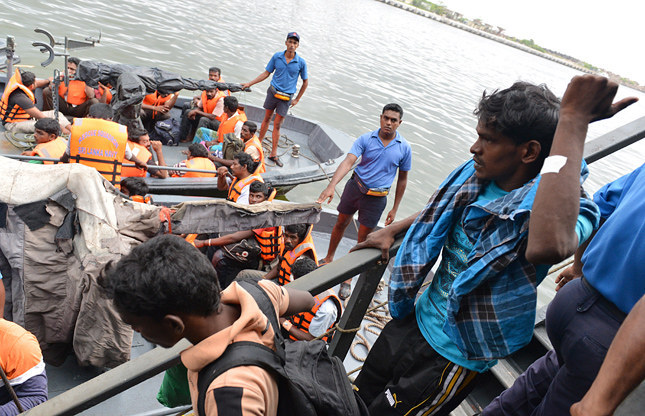
Since the 2013 election, Labor under Bill Shorten has helped the government pass emergency legislation closing a loophole that made offshore processing illegal and dropped any reference to non-refoulement from the party's national platform.
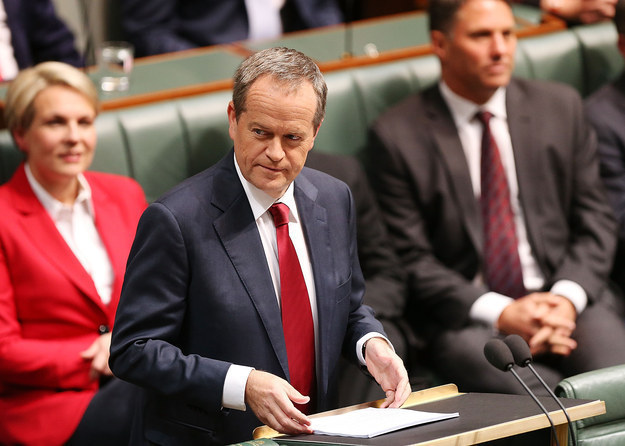
And so we come to today, as Shorten enters the ALP conference he may be entering the most dangerous period of his leadership.
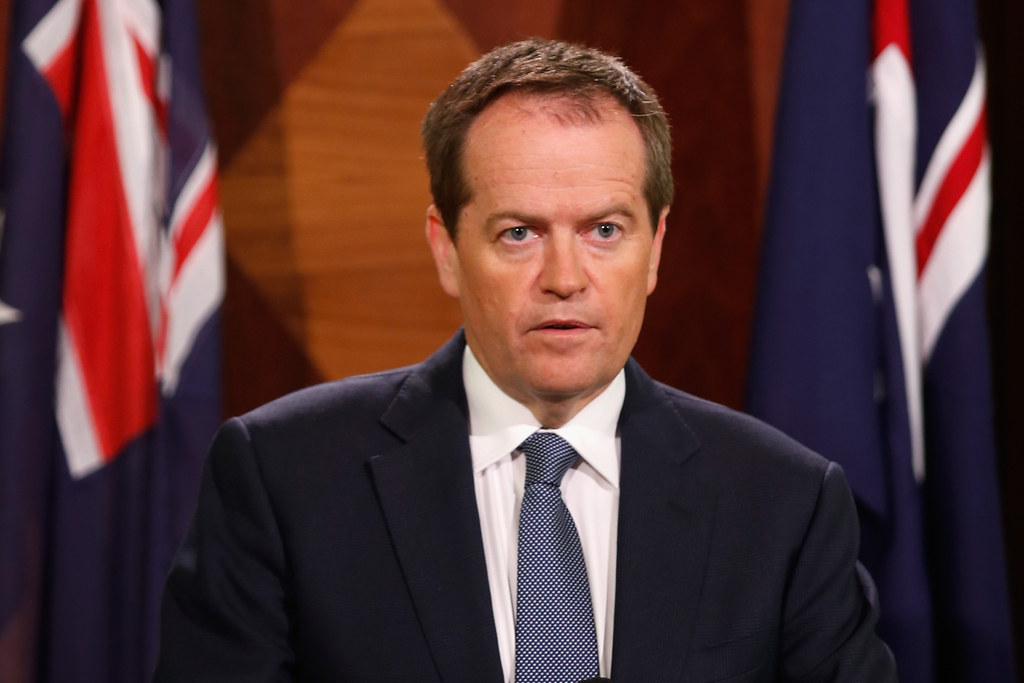
His chief rival for the job, the left's Anthony Albanese, has signalled he's unhappy with the new policy of boat turnarounds and has left the door open to opposing it at this weekend's conference.
"I think that it is absolutely critical that we always remember our need for compassion and to not appeal to the darker side," he said in a speech on Thursday evening.
If the left rebels and Shorten is defeated, it will leave him permanently weakened as a leader and vulnerable to government claims that only the Coalition can stop the boats.
Ahead of an election that may be called before the end of the year, a humiliating defeat for Shorten may well make him unelectable. If that's the case, he'll just be the latest in a long line of Labor leaders destroyed by the party's inability to deal with aslyum seekers arriving on our shores in leaky boats.
